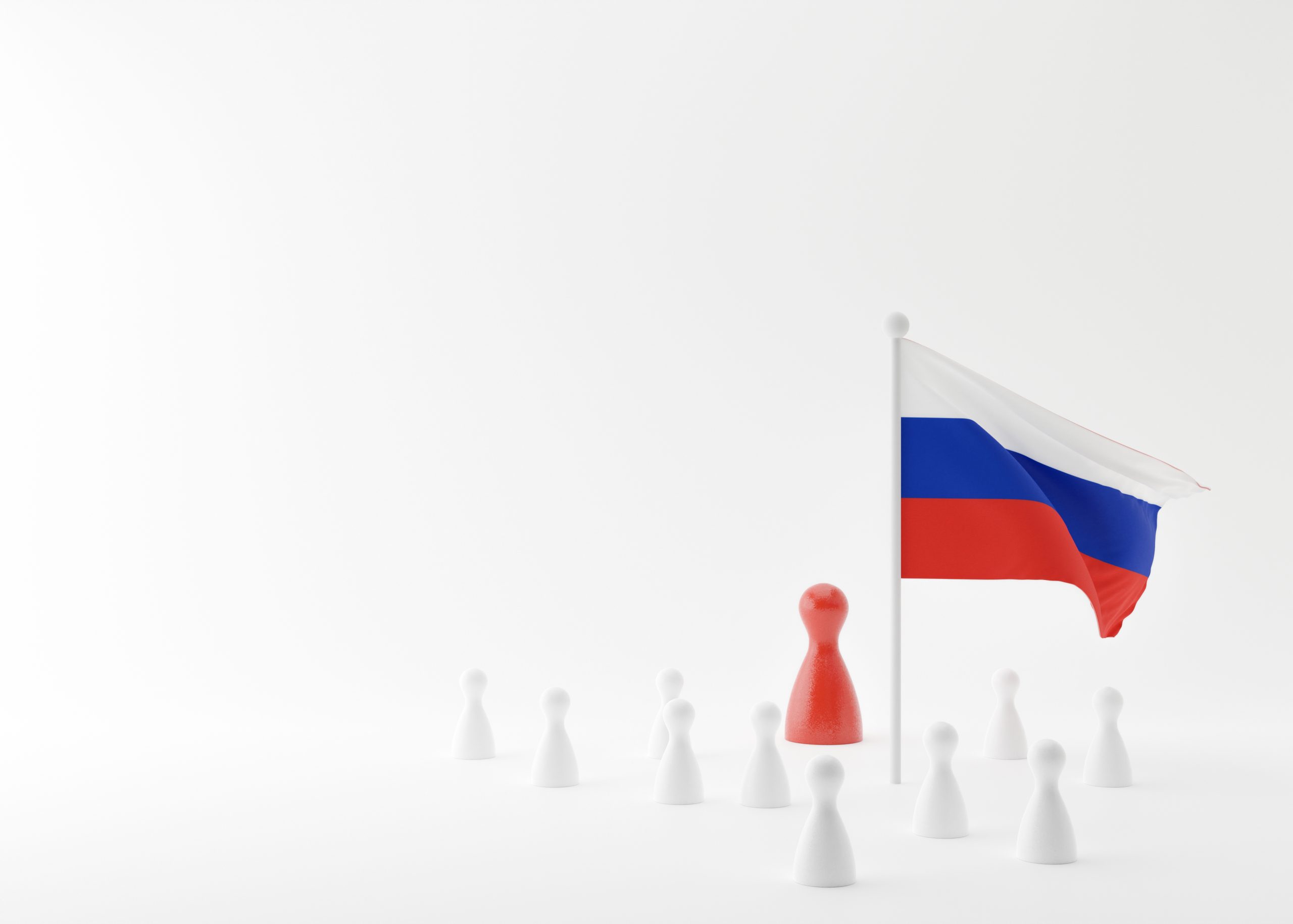- The Russian regime’s political ideology – both its content and role in the political system – have evolved since the all-out invasion of Ukraine.
- The Kremlin has increasingly adopted a more hostile stance towards the West, made a particular interpretation of Russia’s historical role and global position, and a placed growing emphasis on ultra-conservative values, promoting a new kind of ‘patriotism’ in Russia.
- While the Kremlin continues to use ideology as a tool for bolstering regime legitimacy among citizens and elites, this is also becoming a core element of Russia’s domestic and foreign policy.
- Domestically, the Kremlin needs ideology to gain at least ‘performative support’ from its population for the war in Ukraine. In foreign policy, the Kremlin is using this to attract the countries of the global south with the aim of forming a new conservative alliance.
- To support this new ideology, the Kremlin is refining its previously varied ideological narratives into a more unified discourse and establishing new infrastructure for disseminating its ideology among the Russian population.
- This ideological infrastructure already penetrates deeply into Russian society, including into the education system, the healthcare system – and even the personal lives of Russian citizens.
Nakedly political
At the end of last year, a scandal erupted in Russia over a new phase of the state’s promotion of traditional and conservative values. Prominent figures from the Russian cultural sphere were denounced by pro-war activists and the Russian media for their attendance at a “almost naked” party. The event was privately organised, but the dissemination of images online led to the ostracising of these celebrities. The fallout included financial losses approximating €3m from cancelled appearances at new year events and shows, one attendee sentenced to 25 days in detention, and the event’s organiser facing scrutiny from the Federal Tax Service. Subsequently, a Russian court characterised the gathering as “propaganda of non-traditional sexual relations,” associating it with the LGBT movement, which Russia declared “extremist” in autumn 2023.
This incident underscores a significant ideological shift in the Russian political landscape, in the third year of the country’s extensive conflict in Ukraine, which those involved had doubtless failed to notice and adapt to promptly. Members of the cultural elite who chose to remain in Russia after the country’s February 2022 invasion of Ukraine without explicitly supporting the war believed they could maintain their pre-war lifestyles and business activities. Yet practices once deemed standard in the cosmopolitan cultural life, where state intervention was minimal, must now adapt to the transformed ideological landscape.
The party attendees at the centre of criticism issued apology videos, performed concerts in the occupied territories of Ukraine, and showcased their presidential election votes on social media. Reports suggest that the push for their cancellation had backing from the presidential administration and received personal endorsement from Vladimir Putin, who subsequently revisited the party’s theme during his election campaign events.
Since February 2022, the Russian political regime’s ideology has indeed evolved: it has adopted a more hostile stance towards the West, increasingly reflecting a particular interpretation of Russia’s historical role and global position. Moreover, there is a growing emphasis on ultra-conservative values, permitting intrusions into personal and familial spheres. Notably, ideology is transitioning from a tool for the regime to bolster legitimacy among citizens and elites, to being a defining element of Russia’s domestic and foreign policy. This, in turn, is influencing the Kremlin’s decision-making.
In this context, the regime is refining its previously varied ideological narratives into a more unified discourse, and establishing new infrastructure for disseminating its ideology among the populace. Notably, this involves the middle- and street-level of Russian bureaucracy.
About the author:
Mikhail Komin is a visiting fellow with the Wider Europe programme at the European Council on Foreign Relations.


